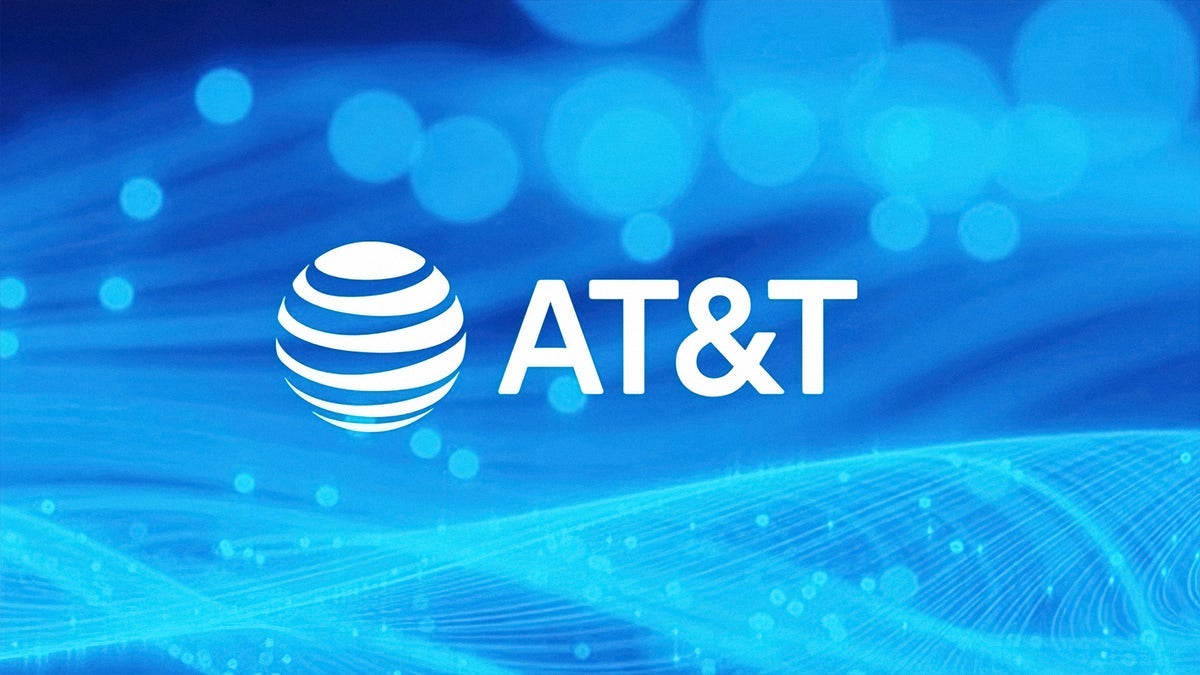How Will EastEnders Family Cope After Losing Three Beloved Members?

Published: 2025-09-02 21:00:00 | Category: EastEnders
In the ever-evolving landscape of technology, understanding the fundamentals of artificial intelligence (AI) is crucial. AI refers to the simulation of human intelligence in machines programmed to think and learn like humans. This article will explore the various dimensions of AI, its applications, benefits, challenges, and future potential, particularly in the UK context.
Last updated: 12 October 2023 (BST)
Key Takeaways
- AI encompasses machine learning, natural language processing, and robotics.
- The UK is a global leader in AI research and development.
- Businesses leveraging AI can enhance operational efficiency and customer experience.
- Ethical considerations and regulations are crucial for responsible AI usage.
- Future trends indicate increased integration of AI in everyday life.
What is Artificial Intelligence?
At its core, artificial intelligence is the capability of a machine to imitate intelligent human behaviour. This encompasses a wide range of technologies, including machine learning, natural language processing (NLP), and robotics. AI systems are designed to perform tasks that typically require human intelligence, such as understanding language, recognising patterns, solving problems, and making decisions.
Types of Artificial Intelligence
AI can be broadly categorised into two types:
- Narrow AI: Also known as weak AI, this type is designed to perform a narrow task, such as facial recognition or internet searches. Most current AI applications fall into this category.
- General AI: Known as strong AI, this type has the ability to understand, learn, and apply intelligence across a wide range of tasks, similar to a human. General AI remains largely theoretical and has not yet been achieved.
The Role of AI in the UK
The UK is at the forefront of AI innovation, with significant investments in research and development. According to a report by the UK government, the AI sector is projected to contribute £630 billion to the UK economy by 2035. This growth is driven by advancements in AI technologies and their applications across various industries.
Key Industries Using AI in the UK
Several sectors are leveraging AI to enhance their operations:
- Healthcare: AI is transforming patient care through predictive analytics, personalised treatment plans, and improved diagnostics.
- Finance: Financial institutions use AI for risk assessment, fraud detection, and customer service automation.
- Transportation: AI is integral to the development of autonomous vehicles and optimising logistics and supply chain management.
- Retail: Companies utilise AI for inventory management, personalised marketing, and enhancing customer experiences.
Benefits of Artificial Intelligence
Integrating AI into business operations offers numerous advantages:
- Increased Efficiency: AI automates repetitive tasks, allowing employees to focus on more strategic activities.
- Improved Decision Making: AI systems analyse vast amounts of data quickly, providing insights that aid in informed decision-making.
- Enhanced Customer Experience: AI tools, such as chatbots, provide immediate customer support, improving satisfaction.
- Cost Savings: Automation reduces operational costs and increases profitability.
Challenges and Ethical Considerations
Despite its benefits, the rise of AI presents several challenges:
- Job Displacement: The automation of jobs raises concerns about unemployment and the need for workforce reskilling.
- Bias in AI: AI systems can perpetuate existing biases if trained on skewed data sets, leading to unfair outcomes.
- Privacy Concerns: The use of AI in data collection and analysis raises questions about user privacy and data security.
- Regulatory Framework: There is an ongoing need for regulations that ensure ethical AI development and usage.
The Future of AI in the UK
The future of artificial intelligence in the UK looks promising, with several trends shaping its evolution:
- Increased Adoption: As businesses recognise the potential of AI, adoption rates are expected to rise across various sectors.
- Focus on Ethics: There will be a heightened emphasis on ethical AI development, ensuring fairness, transparency, and accountability.
- Collaboration between Sectors: Increased collaboration between academia, industry, and government will drive innovation and foster a supportive ecosystem for AI.
- AI in Education: Educational institutions are likely to integrate AI into their curriculums, preparing future generations for a technology-driven job market.
Conclusion
As we continue to navigate the complexities of artificial intelligence, it is evident that AI holds immense potential to reshape industries and enhance everyday life. However, it is crucial to approach its development and implementation with caution, ensuring ethical practices and addressing challenges to maximise its benefits. What innovations will AI bring to your industry in the coming years?
#ArtificialIntelligence #UKInnovation #FutureOfWork
FAQs
What is artificial intelligence used for?
Artificial intelligence is used for various applications, including data analysis, natural language processing, robotics, and decision-making processes across industries like healthcare, finance, and transportation.
How does AI impact the job market?
AI can lead to job displacement due to automation, but it also creates new roles focused on managing and developing AI technologies, highlighting the need for workforce reskilling.
What are the ethical concerns related to AI?
Ethical concerns surrounding AI include potential biases in decision-making, privacy issues related to data collection, and the need for regulations to ensure fairness and accountability in AI development.
Is AI safe to use?
While AI technology can be safe, it is essential to implement proper regulations, ethical guidelines, and security measures to mitigate risks and protect user data.
What is the future of AI in the UK?
The future of AI in the UK is bright, with increased adoption across sectors, a focus on ethical development, and collaboration among academia, industry, and government to foster innovation.



